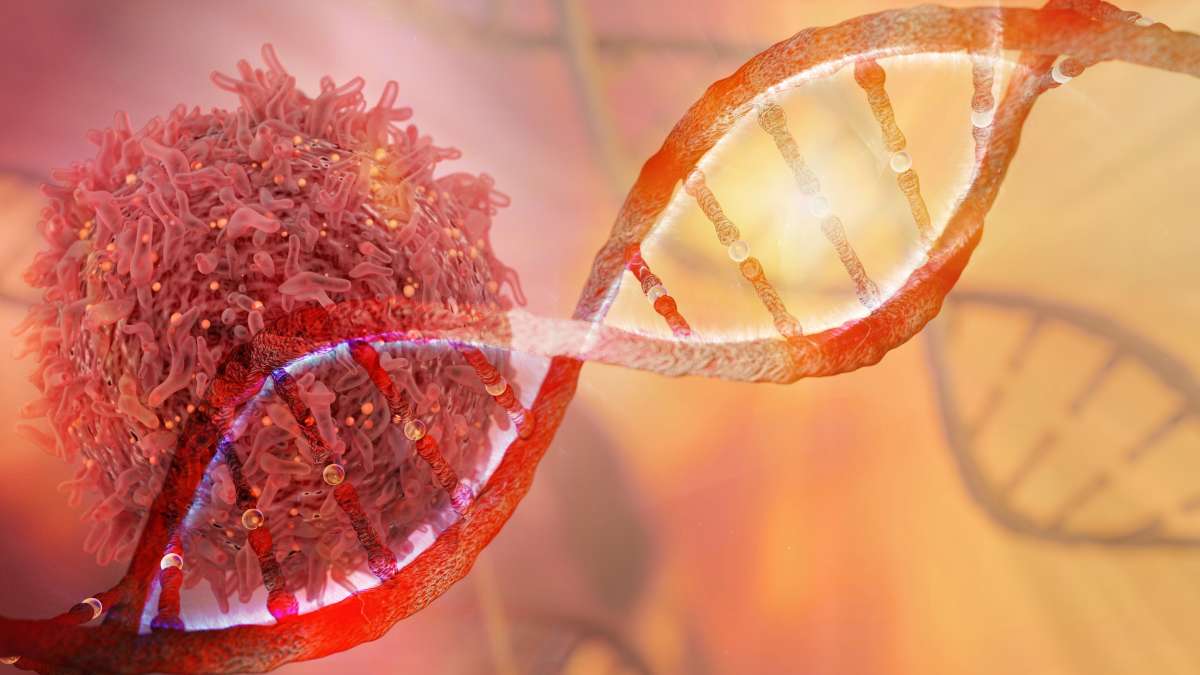Based on epigenetic influences, a team of researchers from the UCLA Health Jonsson Comprehensive Cancer Center has developed an AI model that can accurately predict patient outcomes for various cancer types.
By analyzing gene expression patterns of genetic factors that regulate gene activity, the researchers were able to categorize tumors into distinct groups. This approach offers a more precise method of predicting individual outcomes across different cancer types compared to traditional methods like malignancy grade and stage.
The study, published in Communications Biology, lays the groundwork for developing targeted therapies that focus on genetic components such as SWI/SNF chromatin remodelers and histone acetyltransferases in cancer treatment.
According to Hilary Coller, a co-senior author of the study and professor at UCLA, understanding the role of genetic elements in cancer development is crucial. The condition of proteins and the levels of genetic factors that influence them play a significant role in cancer progression. Advanced sequencing technologies have shed light on how chromatin-state factors impact cancer outcomes, highlighting the importance of personalized treatments based on individual genetic profiles.
The research team examined 720 genetic factors in tumors from 24 different cancer types to identify correlations between gene expression patterns and treatment outcomes. They found that specific clusters of genetic factors were associated with variations in outcomes for 10 of the cancer types studied, including lung adenocarcinoma, liver hepatocellular carcinoma, and brain lower grade gliomas.
By training an AI model on the gene expression data, the researchers were able to predict patient outcomes for the five cancer types with significant survival rate differences. The AI model successfully categorized patients into groups with varying prognoses, demonstrating its potential for personalized treatment strategies.
The study was supported by funding from various organizations, including the UCLA Spore in Prostate Cancer, National Institutes of Health, Cancer Research Institute, Melanoma Research Alliance, and National Cancer Institute.






